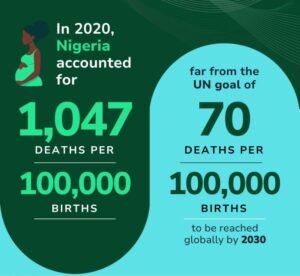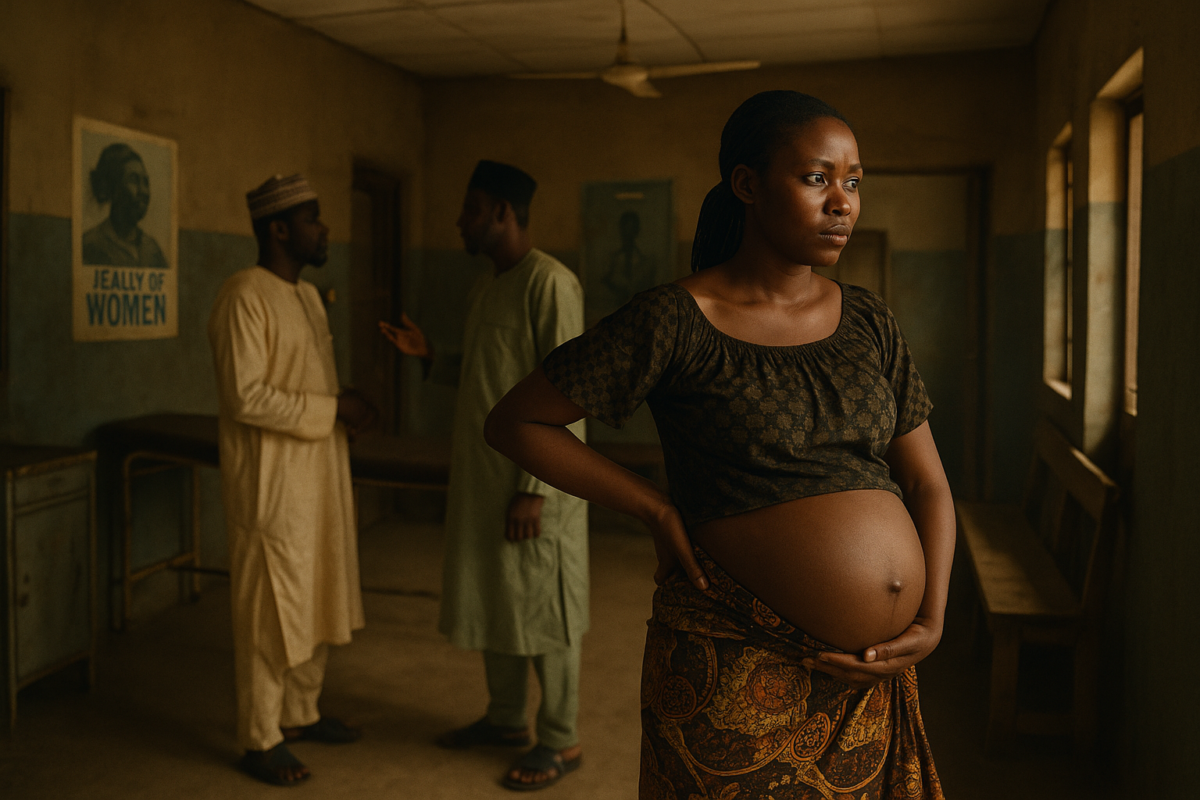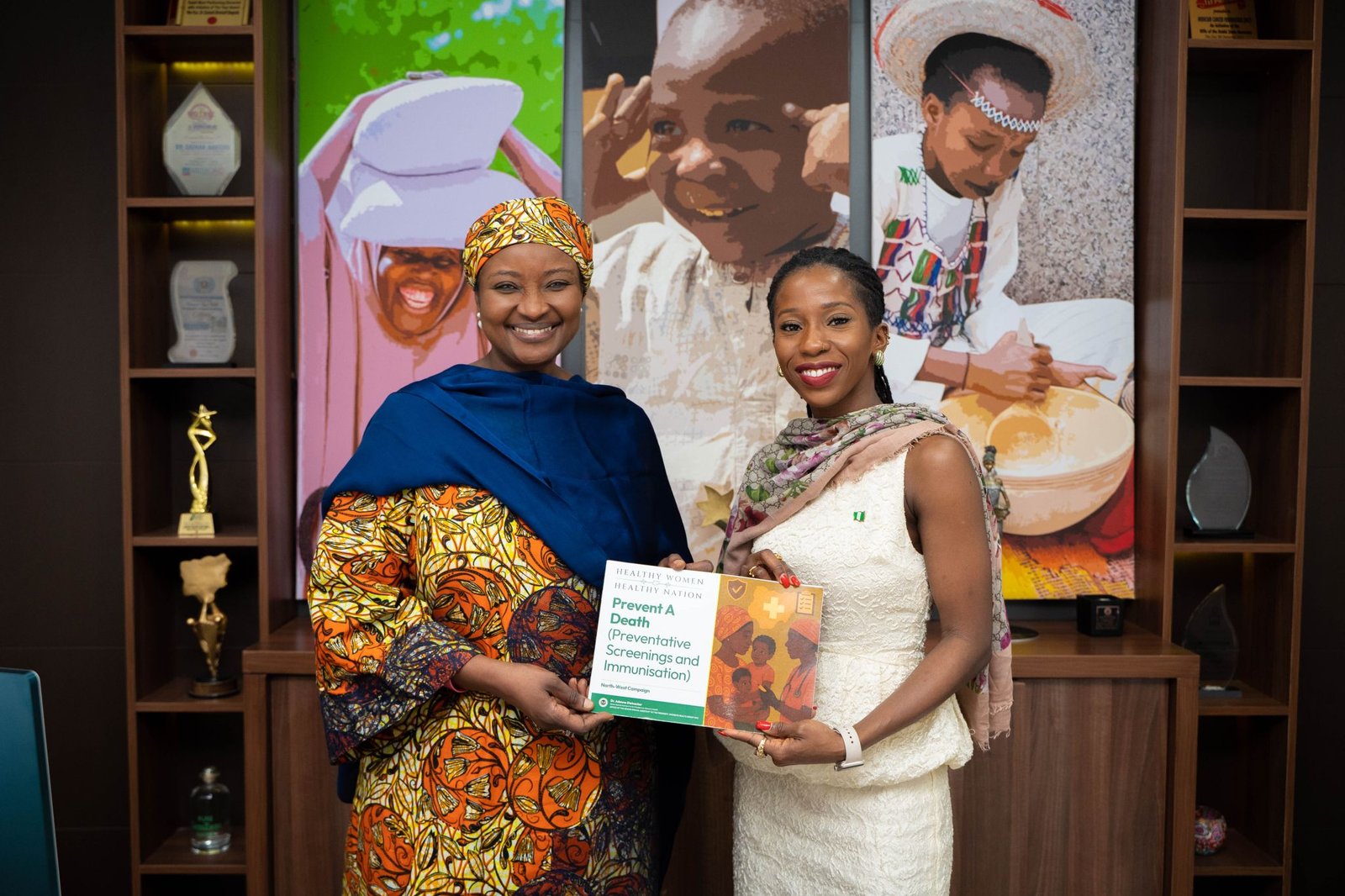Women’s health is more than a biological reality – it is shaped by culture, tradition, and social structures, and in Nigeria, where patriarchy still defines many aspects of life, this reality is undeniable.
But here’s what we often miss:
Women are not passive players in their own healthcare decisions.
In many communities, they skillfully navigate gender norms, not by direct confrontation but through negotiation and influence.
This is what Nigerian feminist scholar Obioma Nnaemeka calls negofeminism—a feminism of “give and take.”
It is a concept that resonates deeply with the maternal health landscape in Nigeria.

In rural communities, while men are perceived as the official decision-makers, women find ways to shape those decisions—ensuring they get the care they need, while respecting social expectations.
For example, many women first inform their husbands about a pregnancy, subtly framing it as a moment for the man to take action.
Some will secure their partner’s support for maternal care, while others, when necessary, will seek healthcare in secret. This is not submission—it is strategy.
And this strategy matters, because maternal mortality in Nigeria remains one of the highest in the world.
Solutions that do not account for women’s realities—their social networks, financial limitations, and cultural dynamics—will not work.
To improve maternal health, we must:
✅ Engage men as allies, ensuring they see maternal healthcare as a shared responsibility.
✅ Recognise women’s agency, even within patriarchal systems, and design policies that empower their choices.
✅ Strengthen community-based interventions, because maternal health is not just an individual concern—it is a collective one.
Women should not simply accept the systems they are born into, they should be able to navigate them, reshape them, and find ways to prioritise their health within them by raising their voices.
The question is—are we listening?
hashtagGenderHealthGap hashtagWomensHealth hashtagNegofeminism







